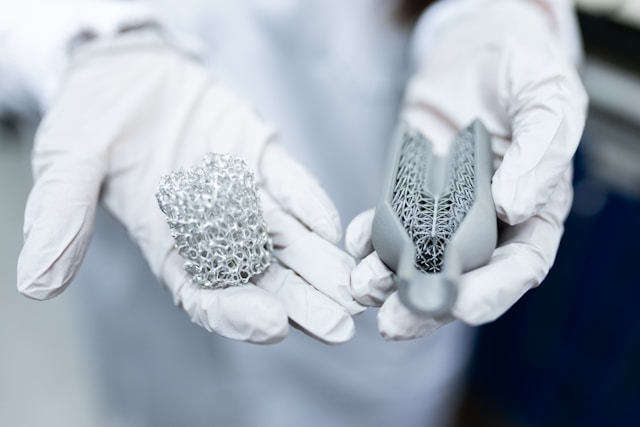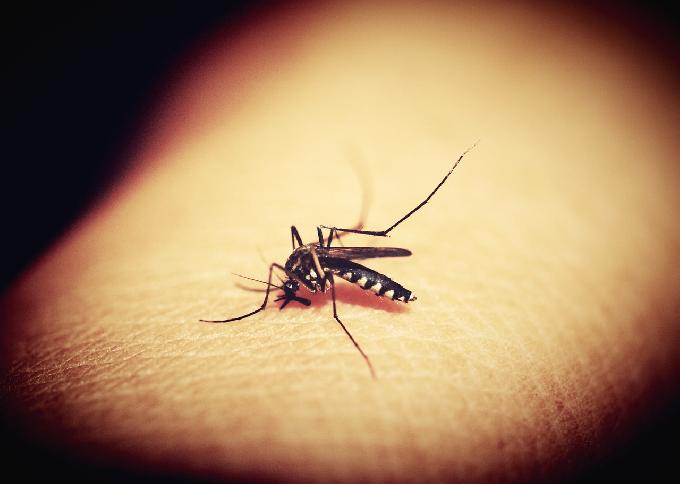Scientists from ETH Zurich and the Swiss Federal Laboratories for Materials Science and Technology have developed a new hydrogel implant that is able to act as a contraceptive for women and halt endometriosis.
Endometriosis is a gynecologic condition that affects hundreds of millions of people across the world. The chronic disease is caused by the development of endometrial-like tissue outside the uterus, including the ovaries, pelvic lining, and fallopian tubes.
It is believed that menstrual blood may flow backward into the abdominal cavity through the fallopian tubes which is defined as retrograde menstruation. With the condition, the blood-containing cells from the endometrium settles in the abdominal cavity, and it could cause inflammation, pain, and the formation of scar tissue.
Hydrogels, a gel made from a type of plastic that binds water, have a wide variety of uses in the medical industry. Hydrogels have been used in contraceptive methods for males and animals, but these methods have not offered a long-acting, reversible, and non-hormonal option for women.
To get it work, the researchers developed the first hydrogel implant that can be placed in the fallopian tubes.
The implants swell upon contact with liquid, allowing them to make the implant very small, around two millimeters in length. Once hydrogel is implanted in the fallopian tubes, it becomes twice its original size and acts as a barrier to sperm and blood.
They implanted the hydrogel in the fallopian tubes by a non-surgical procedure using a hysteroscope, an instrument used to inspect the uterine cavity.
The advantage of the new hydrogel is it offers a reversible alternative to female sterilization, a commonly performed procedure for contraception and endometriosis treatment. It can be easily and quickly destroyed by UV light or a special solution, so recipients don’t have to have an invasive and risky operation in case they want to reverse the procedure.
The hydrogel was tested in ex-vivo experiments using human and animal fallopian tubes to check its compatibility.
Although it is still a way down the road until it can be brought to market, this study is also a meaningful achievement in the medical world.







